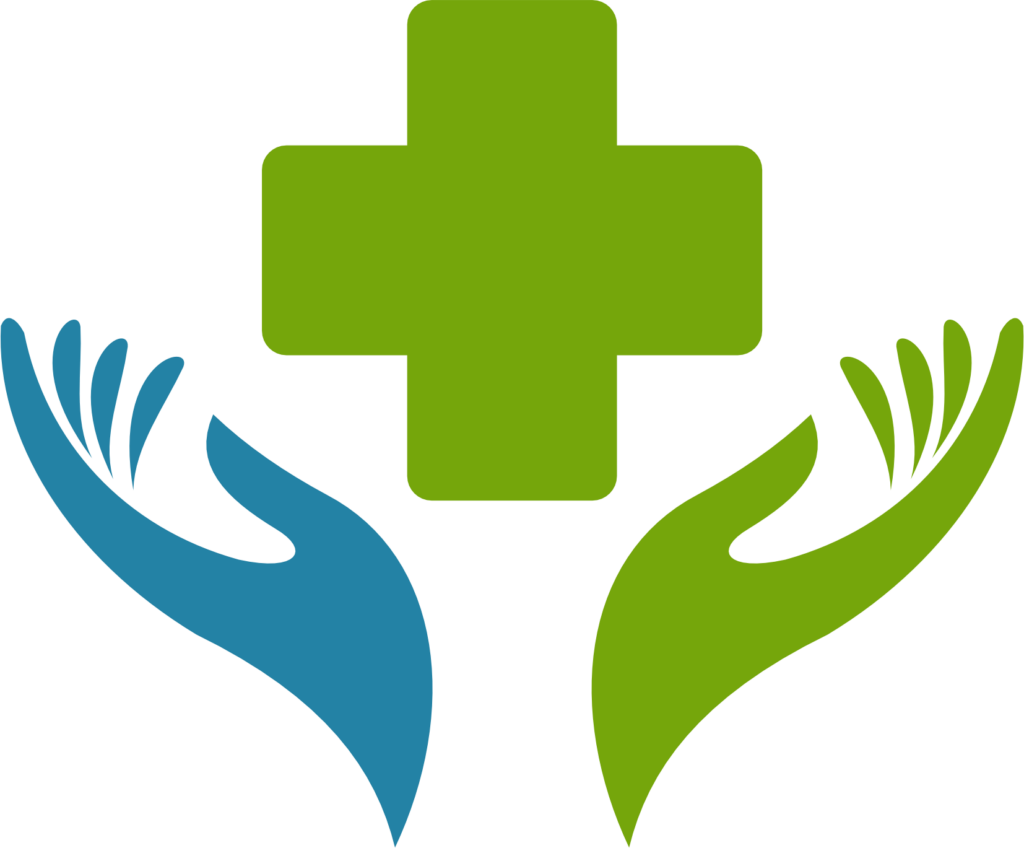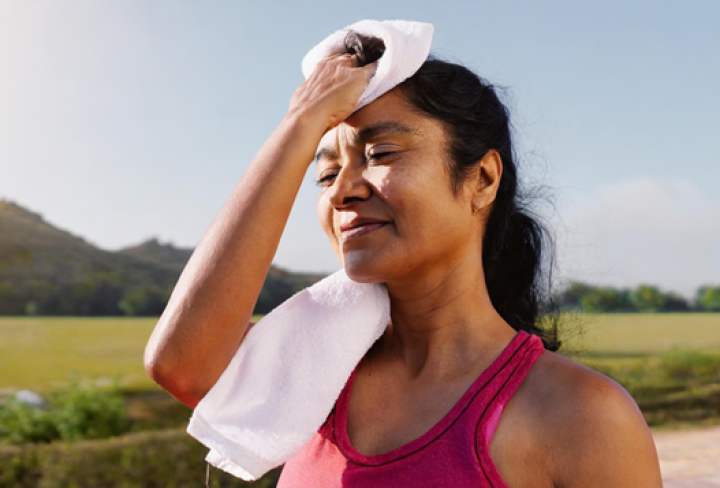Dehydration occurs when the body loses more fluids than it consumes. Anyone may be dehydrated, but it is particularly dangerous for older adults, children, and people with chronic illnesses. Symptoms can range from mild to severe, including headaches, fatigue, dizziness, and even unconsciousness. Fortunately, dehydration is easily preventable and treatable. Here, we’ll discuss some simple yet effective ways to prevent and treat dehydration.
Prevention
Drink plenty of fluids
The most obvious way to prevent dehydration is to drink plenty of fluids. Water is the best choice, but other fluids such as fruit juices, sports drinks, and coconut water can also be helpful. The quantity of fluids you need depends on various factors such as your age, sex, activity level, and the temperature outside. As a general rule of thumb, aim to drink at least 4 – 8 glasses of water daily.
Eat water-rich foods
Another way to prevent dehydration is to eat water-rich foods. Fruits and vegetables, such as watermelon, cucumber, strawberries, and celery, contain a high percentage of water and can help keep you hydrated. Soups, broths, and stews are also excellent options.
Avoid alcohol and caffeine
Alcohol and caffeine can both contribute to dehydration. They are diuretics, meaning they increase urine production and can cause you to lose more fluids. If you’re going to consume these beverages, make sure you drink plenty of water or other fluids alongside them.
Dress appropriately
Wear lightweight, loose-fitting clothing that allows your skin to breathe when it’s hot outside. This will help keep you cool and reduce the amount of sweat you produce, thus preventing dehydration.
Treatment
Rehydrate with fluids
If you’re already dehydrated, the first step is to rehydrate with fluids. Water is the best choice, but other fluids such as sports drinks, coconut water, or fruit juice can also be helpful. Avoid caffeine and alcohol, as they can further dehydrate you.
Consume electrolytes
When you sweat, you lose electrolytes such as sodium, potassium, and magnesium. These are essential for proper bodily function. Consuming electrolyte-rich fluids such as sports drinks or coconut water can help replenish these minerals.
Rest in a cool place
If you’re feeling dizzy or fatigued due to dehydration, rest in a cool place with proper ventilation. Use a fan or air conditioning to help cool down your body and reduce sweating.
Seek medical attention if necessary
In severe cases of dehydration, medical attention may be necessary. Signs of severe dehydration include rapid heartbeat, confusion, seizures, or unconsciousness. In case you experience any of these symptoms, seek medical attention immediately.
Conclusion
Dehydration is a common and potentially dangerous condition that can be easily prevented and treated. By drinking plenty of fluids, eating water-rich foods, avoiding alcohol and caffeine, and dressing appropriately, you can prevent dehydration. If you do become dehydrated, rehydrate with fluids, consume electrolytes, rest in a cool place, and seek medical attention if necessary. Listen to your body and take the steps needed to stay hydrated, especially during hot weather or intense physical activity.



